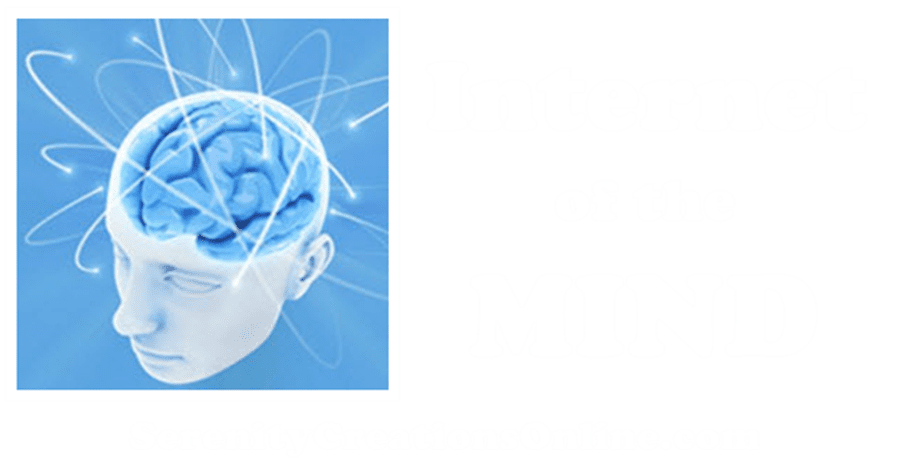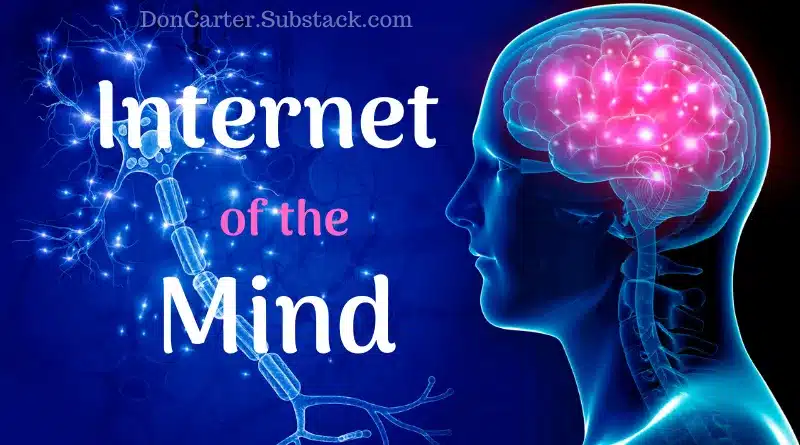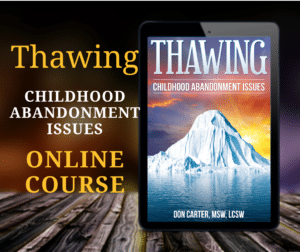
Self Help Motivation – Zebras & Giraffes
- Self-Sabotage
- Subconscious Resistance to Change
- Self Help Motivation
- How Adjustments to Perceptual Filters Occur
- How New Experience Brings Change in Neural Networks
Watch the video below for an example of how we can rewire our neural networks for changes in our lives. Then read the story below to understand how a recovery program can change our subconscious programming.
Neurological Change: Zebras & Giraffes
Zebras and Giraffes
A woman suffering from alcoholism comes in for counseling. She tells the counselor… “I can’t stand living this way anymore and I don’t know how to change it! Everything I’ve tried has failed utterly and I have all but given up hope.” It is tempting for the counselor to try to help her feel better right away… But he knows that pain has given this person the self-help motivation required for her to move forward into recovery from her alcoholism.
Changing deeply ingrained neural networks like addiction, codependency, and depression requires self-help motivation — the motivation to help yourself…for yourself. Another term for it is Response Potential — When the desire to change for one’s self is low, so is the potential response to anything that might otherwise bring about that change.
When someone enters into a change process because another person wants them to change – that’s not self-help motivation… that’s other-centered motivation and it doesn’t work. Only self-help motivation — fueled by one’s own pain — will motivate most people to carry out the daily activities required to make these changes. Knowing that self-help motivation goes away as soon as the pain does…the counselor uses the first session to ask questions that bring up even more examples of how drinking has caused misery for her.
After completing an evaluation, the counselor agrees to work with the woman — provided she agrees to also attend the AA meetings down the street two to three times per week. After some initial protests, the woman reluctantly agrees saying… “But I don’t think things are that bad that I should have to attend those meetings.” Her protests are examples of subconscious resistance to change & Self-Sabotage.
Perhaps she instinctively knows what awaits her when she walks into that meeting. Thanks to the well-established neural network for drinking and the “doorman of the unconscious mind”, the most important value in any alcoholic’s life — especially a newly recovering one — is their unhealthy love-and-trust relationship with alcohol.
This lady has an entire library full of beliefs about her identity, values, experiences, automatic programs — all designed to protect her ability to drink…all designed to sabotage any effort to not drink.For years, any hear-see-feel data that suggested that she may need to let go of this unhealthy relationship with alcohol has always been systematically deleted or distorted.
Euphoric recall is the one defense mechanism by which the deletions occur… With euphoric recall, we consciously remember only the good things associated with the addictive object or activity of choice and filter out all the bad things.
Denial is a system of defense mechanisms employed by the subconscious mind to distort any negative evidence that cannot be deleted. This is why one of the major signs of addiction is continued use despite serious negative consequences. The connections are never made – until the person hits bottom helping them to acquire self-help motivation.
With the pain provided by hitting bottom… this woman walks into her first meeting of Alcoholics Anonymous with all of her filters set and locked into place to support her ability to drink. Most of the people in that room have their mental filters set and locked into place to support their ability to stay sober…
So she’s like a zebra walking into a room full of giraffes. It’s no wonder that she feels she doesn’t belong there!

It would be much easier for her to go hang out at the bar where “everybody knows her name” and has the same filters – her pseudo-family. But she has agreed to attend these meetings so she stays. The Giraffes encourage her to “fake it till you make it” and tell her “keep coming back, it gets better”.
In order to overcome the processes of deletion and distortion, she learns to consciously direct her awareness at getting honest, open-minded, and willing to attend the meetings as agreed… she can’t bear the thought of going back to drinking…and the suffering that would follow.
Because of her pain – not suffering has become more important and valuable to her than drinking – which is no longer working very well anyway. Thus, any hear-see-feel data that supports her desire to avoid pain by not drinking is allowed into her unconscious mind by the doorman…
Notice that it is NOT a desire to give up alcohol that motivates her… it’s a desire to not suffer and she has connected drinking to the suffering… she is beginning to lose her love and trust for alcohol. In other words, she dares to hope that she can find some answers here… her self-help motivation is now moving toward recovery rather than away from pain.
During her first several meetings she listens and begins to take in their recovery values, their beliefs about recovery, and their experiences with recovery. (They call this sharing experience, strength, and hope). There have even been several times as she listened that she began to see that many of them once had stripes just like hers… these were once zebra’s who had found a way to become giraffes… Maybe she could too.
She begins to feel hope that she can become like them – but something is missing… she speaks up at a meeting and asks how she can get what they have. They tell her that this is a program of action – that she must set aside her old values & beliefs about drinking and put recovery values & beliefs into action in order to experience what they have experienced.
She remembers that the counselor said people tend to believe what they experience and tend to experience what they believe… We can talk, read, and listen until we are blue in the face – but it’s not until we experience the truth of values & beliefs that we make them our own.
As she begins to practice the values & beliefs of recovery, she gains new experiences. She tries this “letting go” and “one day at a time” stuff and finds that it works. She tries it again and it works even better this time. Because she is finding relief there is an increase in self-help motivation, but now it is driven by pleasure instead of pain — now she KNOWS by experience it works and brings relief.
Now she even begins to work the 12-Steps of recovery. As a result, she accumulates more and more of her own recovery experiences. Those important new experiences send information to the doorman of her unconscious mind allowing in new data to support more of these experiences…a new neural network for recovery begins to grow.
As she continues living this new way she begins to value her recovery and develops strongly held beliefs about what works for her… strengthening the new network. Before long her perceptual filters have changed enough that she becomes a Giraffe waiting to help the next Zebra that walks through the doors – and she loves it! Instead of pain she has found happiness and is discovering who she really is.
Now all she has to do is to “keep doing what she is doing so she can keep getting what she is getting”.





